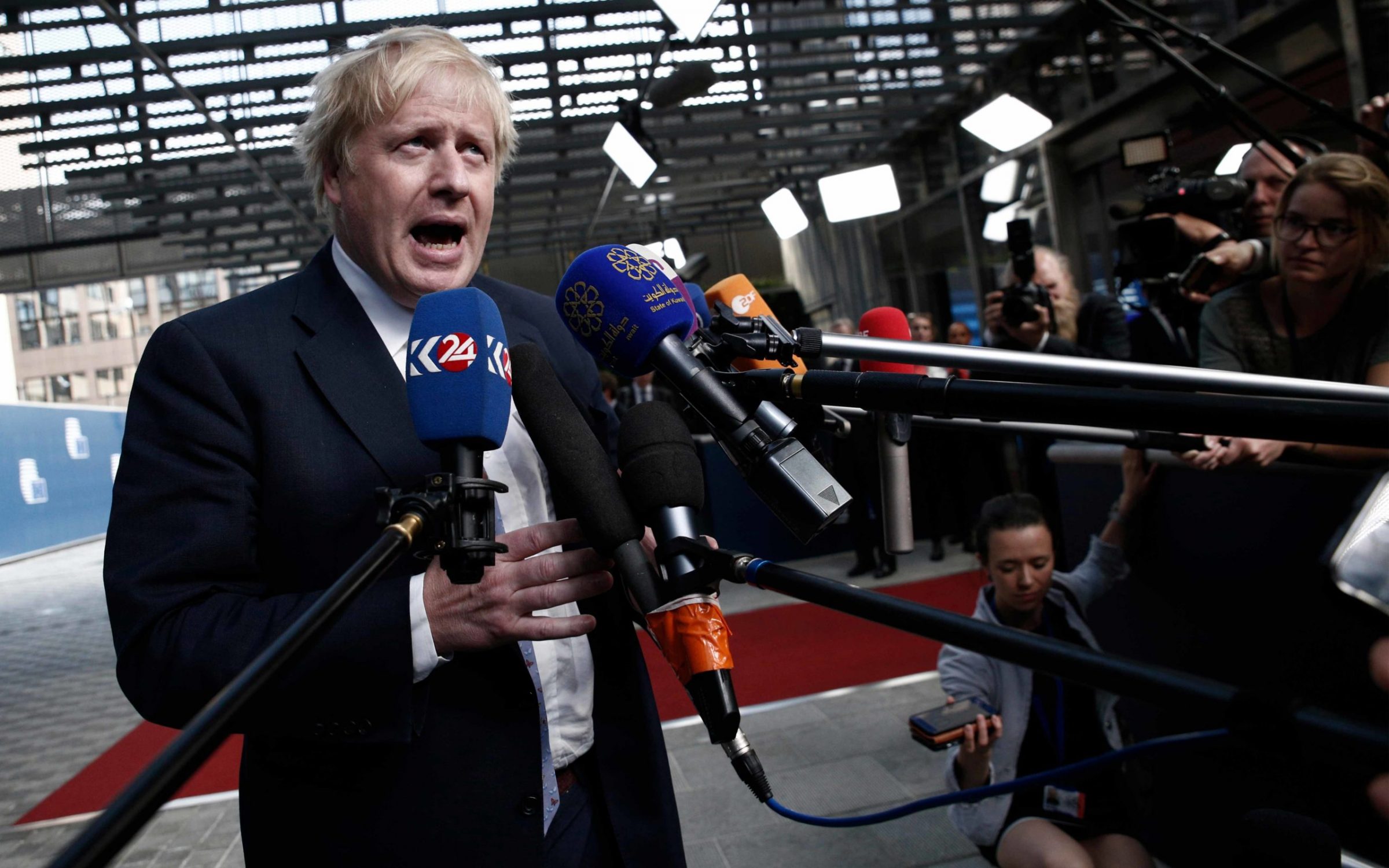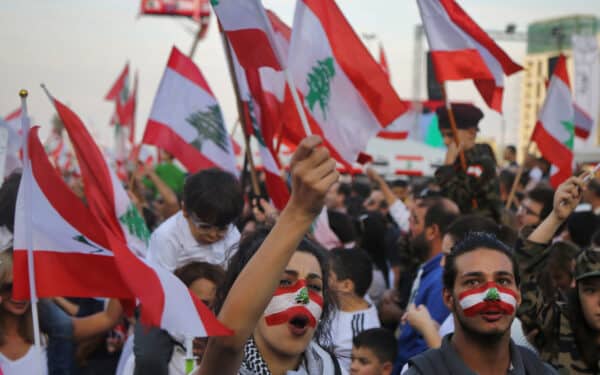When the leaders of the UN Security Council’s five permanent members sat around the table to hammer out the JCPOA (Joint Comprehensive Plan of Action) four years ago, not one representative from a Gulf State or Israel was present. It was therefore not entirely unsurprising that the final deal, which sought to limit Iran’s nuclear ambitions, failed to stabilise regional security, saw increased flow of funds to violent Iranian proxies and exacerbated regional tensions.
Halting Tehran’s ability to manufacture a nuclear weapon must remain a priority. However, to ignore Iran’s other malign actions as the price of doing business has proved a total failure in terms of enhancing Middle East security. For Iran’s neighbours, this approach has had very real and very damaging consequences.
For those sitting in the major cities of the Gulf states, a primary concern is Tehran’s ability to wage indirect war via its network of well-funded proxies, and the threat posed by its missile programme. The recent attack on an Aramco facility in Abqaiq, Saudi Arabia has thrown into sharp focus the very real threat that hangs over the day-to-day functioning of the economies and civilian life of the Gulf nations. Although it has certainly ramped up in recent times, this is by no means a new development, with Iran’s neighbours living with this constant menace for years.
Thankfully, it appears the penny has finally dropped for some European leaders. Speaking to NBC last week, UK Prime Minister Boris Johnson, previously a staunch advocate for maintaining the deal, said he was “willing to accept that it had many, many defects” before saying it was time to try for a new, “better deal”. Furthermore, President Macron made some noise at last week’s United Nations General Assembly
An acceptance, therefore, that the JCPOA has had its day has finally taken hold in Europe. The misguided attempts at special purpose financial vehicles and rhetoric about keeping the deal alive have fallen by the wayside. That should have happened over a year ago. Now attention must turn to how a new deal, which has full American buy-in, should look.
The exclusion of other states in the region from the last round of negotiations was a major flaw which is at the root of why the JCPOA failed to curb expansion of Iran’s proxy and missile programmes. If you have a negotiating team featuring no Middle East actors, then it is hardly surprising that an agreement which does not take their interests into account emerges. For the Gulf States, the fear of missiles, be it from the Houthis in Yemen or from within Iran itself, will be at the very top of their list of concerns.
Next is what is being negotiated. It would be foolish and wilfully ignorant to suggest that Tehran’s nuclear ambitions are all that should concern us. That was the tone of the JCPOA negotiations. To create a truly enduring deal that can bring effective security and stability to the region, then Iranian funding of violent proxies and curbing their missile programme must be at its centre. It is long forgotten that the JCPOA was meant to be part of a series of negotiations which would tackle these other issues. The failure to do so is why it now lies in ruins.
Tehran’s funding and backing of the region’s most violent extremists has been at the centre of recent tensions and longer-term destabilisation. In fact, the funds freed up by the JCPOA’s easing of sanctions saw this threat exacerbated further. Add to this their development of increasingly sophisticated drone and missile technology, weaponry which we’ve seen them supply to Yemen’s Houthis to lethal effect, and a picture emerges of where new negotiations should be focused.
The United States and European nations now have a golden opportunity to seek a deal which puts the long-term security interest of the Middle East at its heart. However, it cannot achieve that end without the voices of those directly impacted by Iranian aggression around the negotiating table. It’s the only diplomatic route forward.




